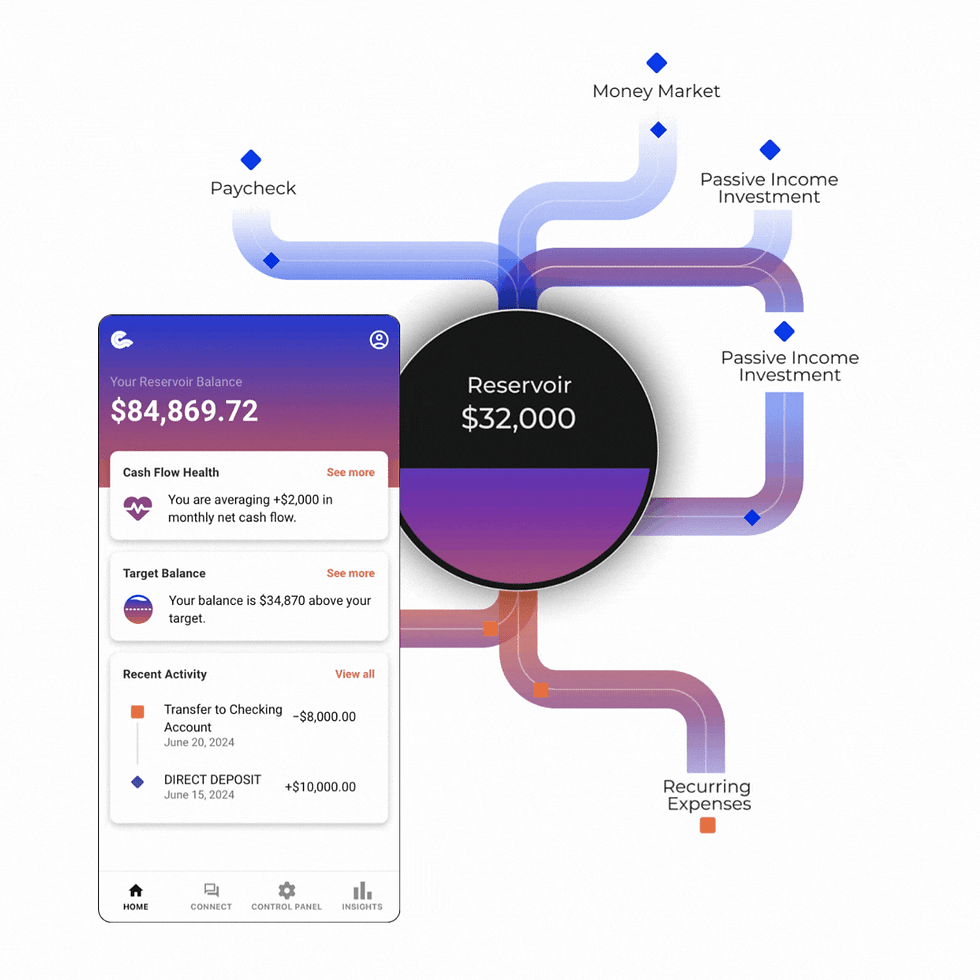How to use QuickBooks to Increase Profits
- Allison L. Reynolds, CPA

- Jan 25, 2021
- 2 min read

In 1998, QuickBooks was launched by California-based Intuit. QuickBooks was patterned after Quicken, a personal accounting package. QuickBooks was intended to offer small business owners the flexibility of an easy-to-use software package and the structure and compliance that are needed to manage a profitable business.
When QuickBooks was launched, it was popular among small business owners who had no formal accounting training. As such, the software soon claimed up to 85 percent of the small business accounting software market. It continues to command the vast majority of this market. Professional accountants, however, were not satisfied with early versions of the system, citing poor security controls, such as no audit trail, as well as non-conformity with traditional accounting standards.
Intuit sought to bridge the gap with these accounting professionals, eventually providing full audit trail capabilities, double-entry accounting functions and increased functions. By 2000, Intuit had developed Basic and Pro versions of the software and, in 2003, started offering industry-specific versions, with workflow processes and reports designed for each of these business types along with terminology associated with the trades.
QuickBooks is an excellent accounting software for running a small business, and it is usually a very affordable option for small businesses. When used correctly, QuickBooks can be a great tool to increase your businesses profitability.
Our motto is what gets measured gets managed!
Here are a few examples of how you can use a software like QuickBooks to increase profitability:

Gage Cash Flow - you may set up your system to download bank and credit card statements online. Once in the system, the balances can be reconciled easier, providing you with a more realistic view of your current cash flow situation.
Collect Payments - collect payments from clients and customers on time by allowing users to accept credit cards for payments, including mobile payments

Project Profitability - know the progress of your projects or customers by tracking labor costs, income, and expenses with job costing
Get Insights from Reports - know what’s going on in your business by consolidating your data into a dashboard. QB enables you to display your business’s key performance indicators, results, and targets on a monthly, quarterly, or yearly basis
Track Inventory - easily manage your products with real-time updates and use it as a basis in making business decisions
Email Invoices and Statements - email all invoices and statements via QB and reduce the amount of time it takes for your customers to pay you

QuickBooks can serve as your business’ backbone for accounting with its bookkeeping and accounting functions and features. If used properly, it can be a valuable tool to you as your business grows.
If you are interested in using QuickBooks, you can reach out to our firm to determine the best version for you, or you can take advantage of our ProAdvisor discount by using the order form below.






Comments